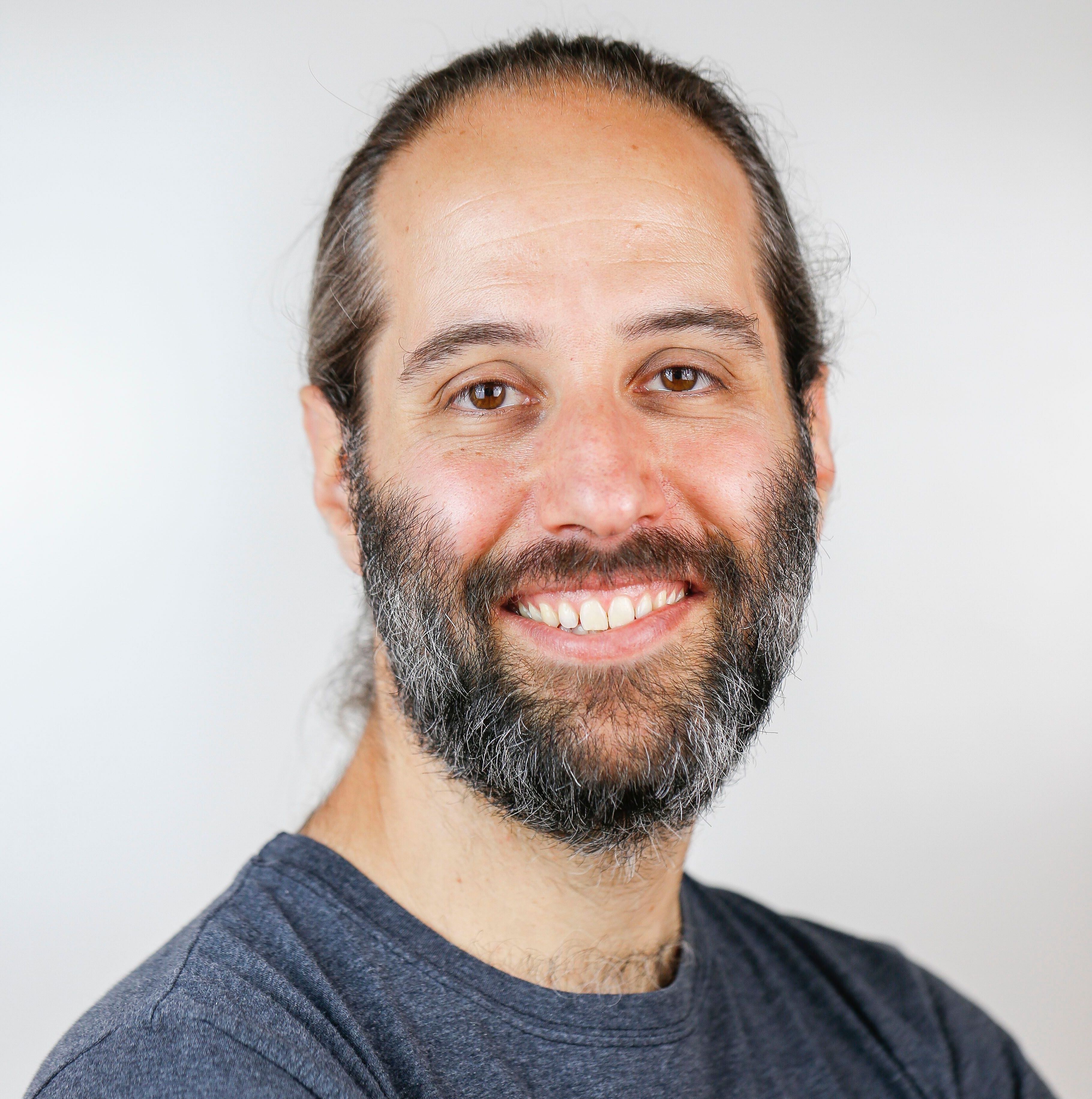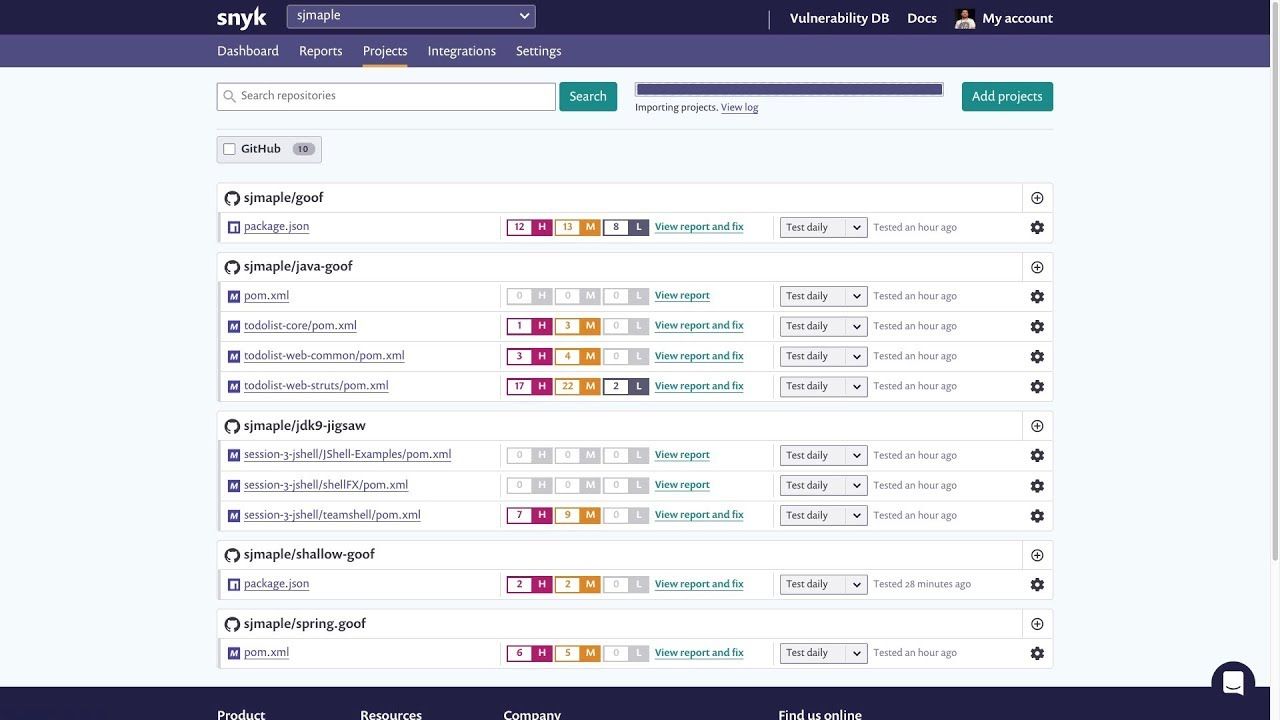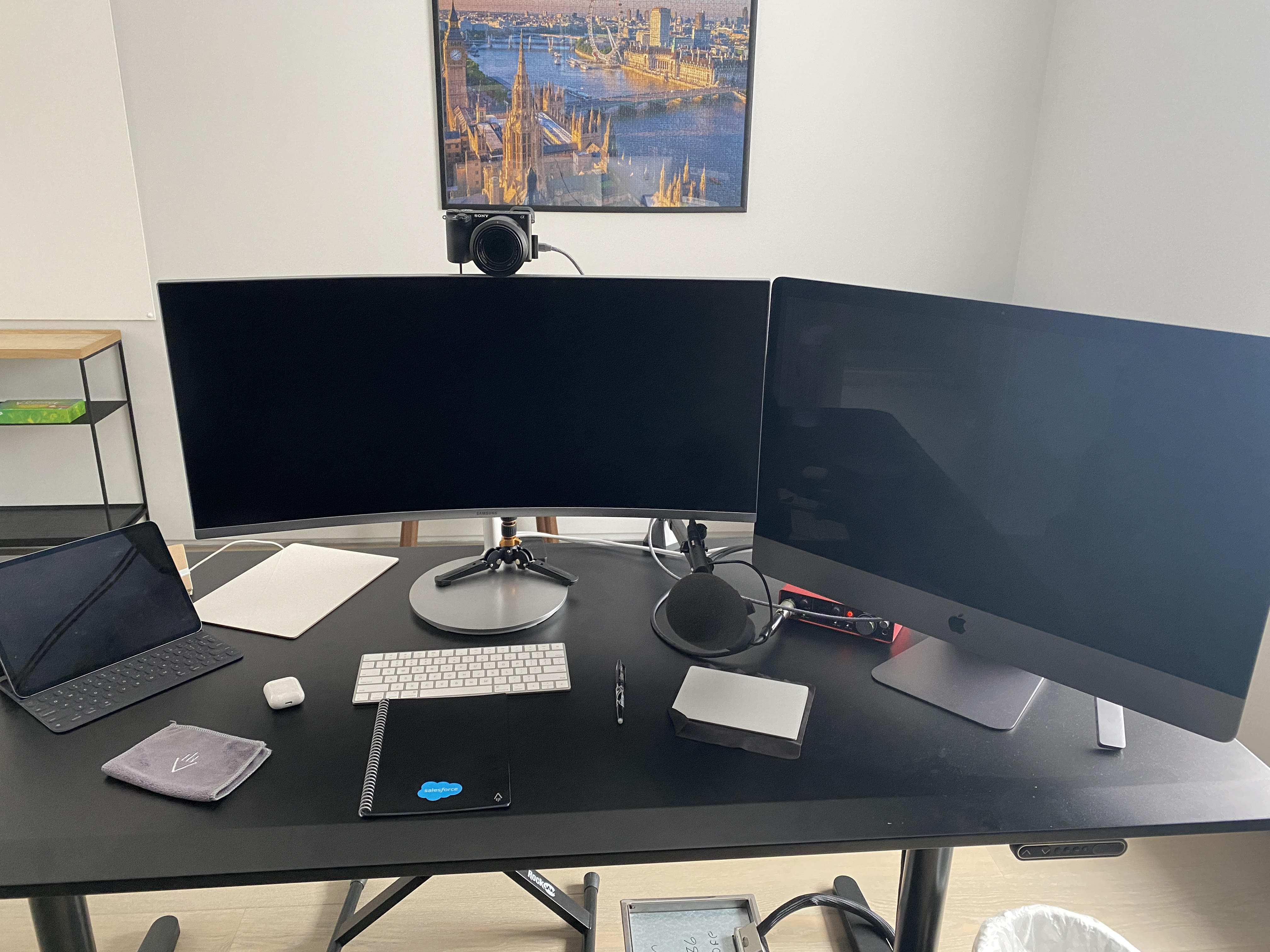Console
Interview with
Guy Podjarny
Founder & President, Snyk
Security monitoring.



What is Snyk and why did you build it?
Snyk is a developer-first security platform. It's a security solution that really thinks about the developer’s needs first and foremost. We start by thinking, "If I'm a developer and I want to tackle the security threat, what is the ideal solution for me, the ideal company to deal with, and the ideal product as I tackle it?"
This concept comes from the realization that in the world of devops, developers have to embrace security tools. The whole notion of digital transformation all predicates on independent development teams that are able to continuously deliver software. Security has been left outside and hasn't really come along for this ride.
Our view was that this doesn't scale, and it can't continue that way. The way to break through, and to get developers to embrace security, is to build a developer tool, not a security tool. To build a tool that really walks and talks and acts like the best tools in their arsenal. That's what we did, we built a developer tooling company.
Snyk helps you secure your use of open source, your code, your containers, and your infrastructure as code. The general mission is to secure everything in the repo, including all the components of a cloud native application, which includes far more than just the code and libraries.
The world of development is growing to embrace security. There's a certain amount of giving developers the tools to be able to own security, but there is a need for the developer community itself to rise to the occasion. To accept that “you build it, you run it” also means you secure it.
At Snyk, we can get you to the water, but we can't make you drink. It needs to be your responsibility. If you want independence, if you want pride in what you're building, to be allowed to make your own trade-offs and be empowered, you have to take the responsibility of also keeping it secure. Your customers and your users trust you to do so.
There's a need for developers to embrace this new responsibility. The end result is a safer digital world for all of us.

Security vulnerability dashboard.
How were developers solving this problem before?
For many developers, the answer was inconsistent and manual. Security is naturally invisible. It doesn't have a feedback loop, it doesn't hurt until it hurts really bad. If you're not intentionally investing in security, you wouldn't know that you've made a security mistake. No matter how you spin it, you need to ask a security question? "Is this secure? Should I do this?" Or use a security tool that helps flag those for you at the relevant time.
For enterprises this problem was shoved down the throats of developers by some central security team and was either rejected, and therefore worked around, or slowed things down because the security team said so. Snyk has a much more empowered view of it, which is, "Think of security as an aspect of quality, as a continuous thing - continuous security."
For smaller businesses and online developers and the people that are building for themselves, most of the time the end software that was shipped was insecure. We try to give you another option, which is a security tool that you actually enjoy using.
Developers take pride in building quality software that is secure while working the way they like to. Still shipping stuff fast, still being empowered. A lot of what we do is to help shed light, telling you if there was a security concern. We explain it in developer terms and help simplify remediation.
If all I do is tell you about problems, you're not going to like me very much. If I help you actually remediate it, if I open fixed pull requests, if I simplify how to actually do something about it; now I'm helpful. That's what we're trying to do.
Where do you see the security team fit in this model?
Security teams should generally follow the steps of the ops world. Instead of being system administrators that actually operate systems, or in security terms, the ones that actually scan the applications and find vulnerabilities and prioritize them, they should be more like site reliability engineers (SREs). They should be building platforms that embed security controls in, be an escalation point for harder decisions, and be a governance entity that actually monitors the things that are being done and that the system is improving.
I think we have a great model in devops. Just like system administrators turned into SREs, security people should go from being the ones scanning the applications and prioritizing, to being the ones building platforms and governing. DevSecOps is a buzzword and different people have different meanings, but it is increasingly important.
I don't think security teams are ever going away. It is a complex and important problem. Not only is security expertise not going to go away, I think it's probably going to increase in demand.
What does a "day in the life" look like for you?
I'm not a developer any more. My time is spent mostly helping others in the business to ensure we are thinking ahead.
I do a lot of one-on-ones and strategy meetings and spend a big chunk of time talking to customers and to partners. Sometimes to help them understand the product, oftentimes to learn from them. I host a podcast called The Secure Developer where I get to talk to smart security leaders and actually give them a stage to share their learnings with the world.
As the majority of the company focuses on execution, my job is to think further out. I always have some strategic initiatives that I'm driving. Sometimes it's acquisitions, sometimes it's a strategic project. A recent one was the Team Edition that we launched, which had its own concept of continuous security.
In practice, my day is typically made up of back-to-back meetings touching all of these things.
Do you get any time to code these days?
No, I'm a terrible coder. Well, I think I'm a terribly rusty coder. I think I used to be a pretty good coder. I haven't written a line of code in Snyk. I have reviewed code in Snyk, but I have not actually written code in Snyk. However, in my previous startup, I wrote the majority of the code!
What is the team structure around you?
Snyk's R&D is made up of empowered teams. We have teams of typically three to eight engineers and a product manager, sometimes with an architect or designer, that have reasonably clear ownership and empowerment to build some component in their product.
We have two independent product and engineering organizations that are mostly mapped to one another. They're not always identical because it is important for the product scope to roll up separately from the engineering scope. Those are different needs, but we do want clear alignment and having product and engineering feel like they're one unit.
Then we divide those teams. We have a group that focuses on developer journeys and product growth, and we have a group that is focused on platform, enterprise and accessibility. We also have a group focused on the engines - the core algorithmic and data components of our system.
Then we have the product line, which has the actual complete products in them: Code, Open Source, Containers and Infrastructure as Code. The product organization mostly mimics that, plus a design organization.
Personally, I run a small labs team, which helps us explore things that are a little bit further out. We work with the rest of the organization to ensure that innovative ideas, or slightly more wild thoughts, get to be explored.
How did you first get into software development?
I was a programmer when I was a kid. I think my first programs were in Logo but my first real program was a keyboard piano I wrote in Pascal that I tuned with my guitar on MIDI sounds. I subsequently studied some computer programming in high school, then I got into the cyber parts of the Israeli army in which I learned a bit more how to program. That was a bit more heavy duty!
When I got out of there, I went straight into the industry. I'm self-taught. I don't have a degree. I tried to get an open university degree, but then I realized that wasn't really necessary for me.
I've always been a very passionate developer. I identify as a developer in terms of my view of the world. That has evolved into a technical product manager type view, because I think more today about user needs and user problems and how the appreciation of technology can help them. Maybe with an ability to communicate those ideas to a wider audience.
I think communication is generally an underappreciated skill in software development. We build software for people and it's built by people, so being able to explain what you're doing and how you're doing it in a succinct, collaborative, inspiring way can make a dramatic impact. Communication is massively important. It's important in developer tools because you want to help the community understand why you're building this tool and what you are looking to help them with.
You need to communicate with your users so you understand what you got right, and what you got it wrong. You need to communicate with your peers, your collaborators and your company as it grows to ensure everybody's rowing in the same direction. If you don't have good communication skills, you are going to hit a ceiling as a developer, and it might be sooner than you think. There are exceptions to this statement, but for the vast majority, I think it's a critical skill for a software development career.
There's room for flexibility around how you communicate. Some people communicate better in text, some better in voice, some do it better in long form, some in short form, some better in forums and on-the-fly thinking versus others that like methodical articles.
The important thing is to just be mindful. Are you taking others along for the journey and are you listening to others to calibrate your journey? If you're not doing either of those, most likely there is a problem.
What's the most interesting development challenge that you faced building Snyk?
The original challenge was to get developers to embrace security. Making money in security is a fairly well understood playbook. It's never easy, but security people are used to paying substantial amounts. Getting developers to embrace a security solution without somebody forcing them is what hasn't been done before. That was our biggest problem and our biggest focus. We've succeeded with doing that pretty much from the beginning. We had many problems and mistakes around the exact product, but I think we were on a good trajectory early on.
The next big problem was the conflict between developer needs and security needs. Developers want depth. If you're a JavaScript developer, you couldn't care less about other platforms. You care about your stack and it better be amazing.
If you're a security person, and I give you a solution that tackles a risk for 20% of your applications, you need to buy another security solution for the other 80%. Security biases in favor of breadth. Our primary challenge was to be able to remain depth-first.
We ship quality products, but we start with narrow products that do narrow things very well, appealing to the developer's needs. Then we broaden it to provide enough depth to actually satisfy the security person's needs.
Today, we do this intentionally, but in the first iteration it was hard. It took us about two years, and at that point we only had $100k in annual revenue, which, for startups generally, is considered a failure. Fortunately, right around that time, we managed to crack the code on having enough breadth to get security to buy...and the developer love and adoption fueled what has become exponential growth since.
What’s the most interesting tool or tech you’re currently playing around with?
Machine learning blows my mind. Our code static analysis engine, which we acquired through a company called DeepCode, is heavily machine learning based. It learns from the world of GitHub, including all the history, to identify API entry points. You give it sources of form fields and point it at database calls, and it builds an understanding of the API in a semi-supervised fashion. How accurate those results are once the rules scale is amazing. You have to get over the fact that you don't have a specific logic to say how that happened.
The most interesting work we're doing right now is understanding how to apply that same type of learning in the context of program analysis, to other aspects of the application, not just your code, but across the holistic view of the entire application. The intent is being able to understand how your application operates across all of its different components. I believe that if we crack that, we can really build a platform that simplifies software development, not just security. That would be very powerful.
Describe your computer hardware setup
I used to be a MacBook Pro user primarily for portability. Now that we're mostly working from home, it couldn't quite cope with my setup, so I have an iMac with a separate 150% wide screen. I have the 27” monitor, and then I have an external monitor that is 50% wider.
I also use an app called Divvy, that allows you to configure keyboard shortcuts to place a window. I think about that big screen in six parts, and put my video at the middle top when I'm on zoom calls, then surround that with elements.
I use Obsidian for notes, typically positioned below Zoom. I’ve invested in the audio and visual - I have a Shure SM7B microphone and a digital SLR as my video camera, given this is my primary interface to the world, and also for my podcast.
I use an Apple wireless keyboard. I like touch pads, not mouse, so I have a Bluetooth trackpad.

iMac 27 inch, Samsung 34 inch curved screen (21:9 ratio), Bluetooth keyboard & trackpad, Shure SM7B Microphone with a Focusrite Scarlett 2i2 box and a Fethead booster (seen in the connection to the Focusrite box), Sony Alpha 6500 Mirrorless camera, iPad Pro, used typically for social or secondary things, Vitra standing electric desk, a piano stool behind the desk to lift my feet, whiteboard hung in the background, for ideation and highlighting notes, an eraseable rocketbook with a Pilot Frixion pen for analog note taking.
Describe your computer software setup
OS: macOS.
Browser: Chrome.
Email: Superhuman.
Chat: WhatsApp and Slack.
IDE: When I was coding, I was using Atom before VS Code really built up its fame. Atom was the latest IDE. I had my stretches on Visual Studio and Eclipse when I was building in .NET and Java respectively. I used to be a heavy user of Chrome Devtools for front-end stuff, especially when I was a CTO at Akamai.
Source control: GitHub. We use CircleCI. We run on Kubernetes on a mix of Google Cloud and AWS.
When coding
Daytime or nighttime? Nighttime.
Tea or coffee? Coffee, strong coffee.
Silence or music? Music, but instrumental so it reduces distractions.
What non-tech activities do you like to do?
I love jigsaw puzzles. They're my form of meditation. So listening to a podcast while putting together a 1,000 piece puzzle is a treat.
Find out more
Snyk is a security monitoring tool. It was featured as an "Interesting Tool" in the Console newsletter on 5 Aug 2021. This interview was conducted on 26 Aug 2021.
Subscribe to the weekly Console newsletter
An email digest of the best tools and beta releases for developers. Every Thursday. See the latest email